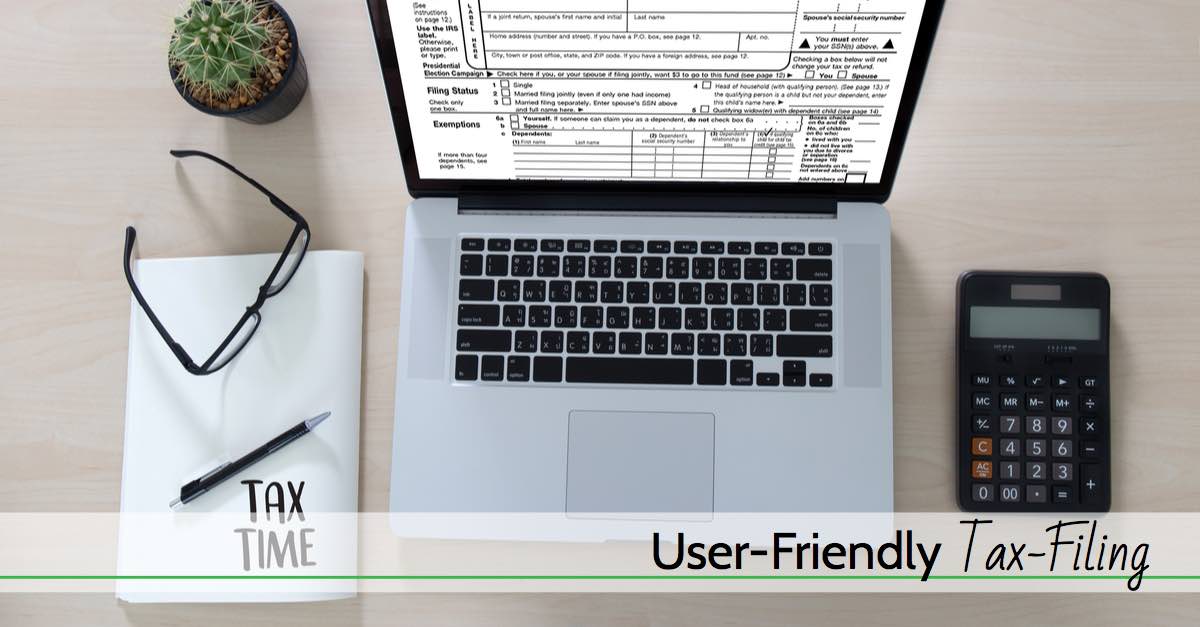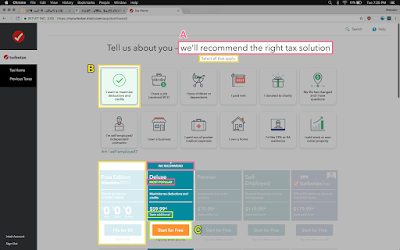

Home office deductions are a big inspirer of audit fears, says Jensen. "Fear of an audit would cause people to just hand money over (to the government), money they were entitled to.” “I saw many thousands of people who said, ‘No, I don’t want to claim my daughter because she lived with my ex,’ or would not claim certain education credits out of fear," Clegg said.

Many people avoid taking certain credits and deductions-denying themselves tax advantages to which they are entitled-because they believe or have heard that taking them will make them more susceptible to an audit, says Clegg. Myth: Filing for certain deductions or credits increases the chance of an audit But, it's often far easier to resolve your issues by timely responding to their inquiry. There are options to meet with an IRS employee about your situation by scheduling a meeting at a local field office. If you agree with the IRS, you can send them a payment with your response or set up a payment plan. If you disagree, you can provide more information or submit an amended tax return that addresses the IRS' concerns.

When responding to the notice, you can indicate whether you agree, partly agree or disagree with the information in the notice and the resulting change that the IRS is proposing to your tax return. However, these encounters with the IRS are rarely face-to-face because the first and easiest step is for the IRS to mail you a notice, usually a CP2000 notice, asking about the discrepancy. When your tax return and the IRS' files don't match up, it can trigger an audit. The IRS also gets a copy of the W-2s and 1099s that taxpayers receive so that their computers can automatically compare the information on your tax return to what the IRS has in its files. Income like this is usually reported on a W-2 or 1099 form that you should receive at the beginning of the year. The majority of audits are triggered by missing information in tax returns, such as wages from a job, interest from a bank account, or income from selling an investment. Myth: You will have to meet with an IRS agent if you are audited The myths about who or who does not get audited-and why-run the gamut. A high DIF score raises the chances that the filer will be audited, Jensen said.Īlthough the IRS audits only a small percentage of filed returns, there is a chance the agency will audit your own.If a person’s financial data differs significantly from those established by his peers, the system gives that return a high DIF score.The DIF is a scoring system that compares returns of peer groups, based on similar factors such as job and income.The IRS uses a system called the Discriminant Information Function to determine what returns are worth an audit. The IRS did not respond to questions regarding specific details of its auditing process, including its total number of audits. That’s a real small percentage,” said financial adviser Thomas Jensen, owner and managing partner of Vaerdi LLC in Portland, Oregon. “Historically, only about 1% of filers get audited. He says audits are generally “a lose-lose situation” for the IRS because they require a lot of resources and because of the negative image audits project onto the IRS. In fact, Zinman says, one of the most enduring tax audit myths holds that an audit is a common occurrence. “A lot of times the government just doesn’t want to do these audits.” “Audits are something most people should not be afraid of,” says Sandy Zinman, tax committee chairman for the National Conference of CPA Practitioners. But audits contrast greatly from their thriving myths. The standard nightmare has Internal Revenue Service agents with badges showing up on your doorstep, or the agency-seizing smorgasbord-style-the bulk of your personal assets.

Subscribe: Apple Podcasts | Spotify | iHeartRadio IRS auditsĪn audit is arguably the most dreaded outcome of the tax filing process, and the situation carries with it some unsettling mystique.


 0 kommentar(er)
0 kommentar(er)
